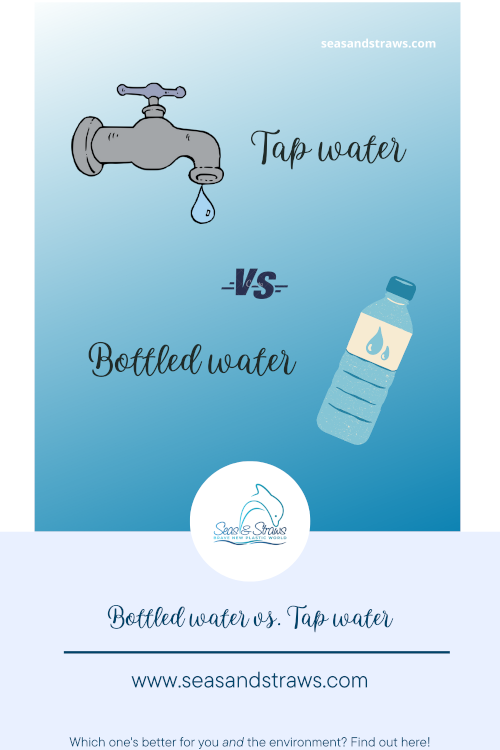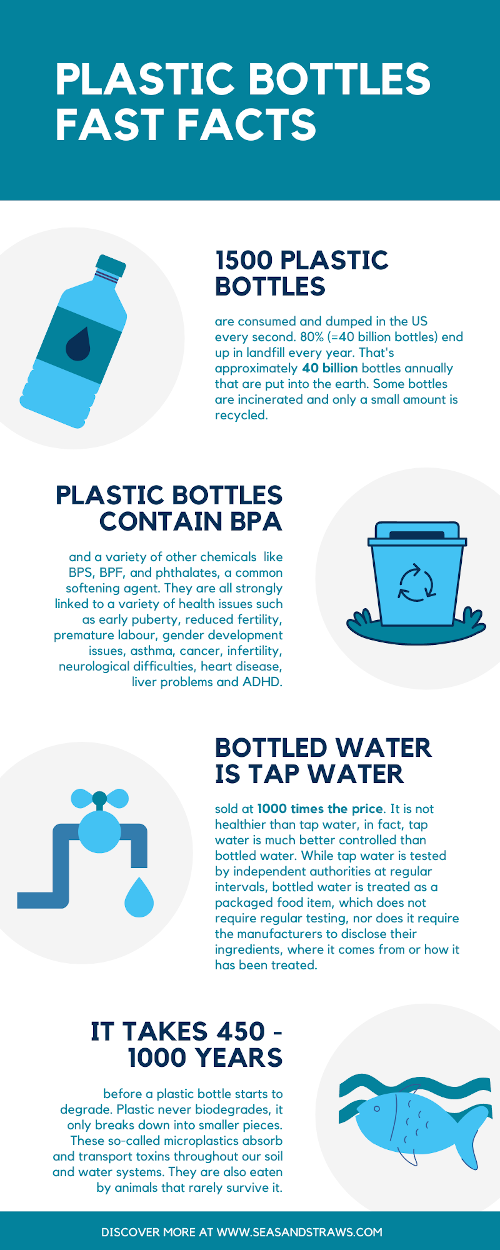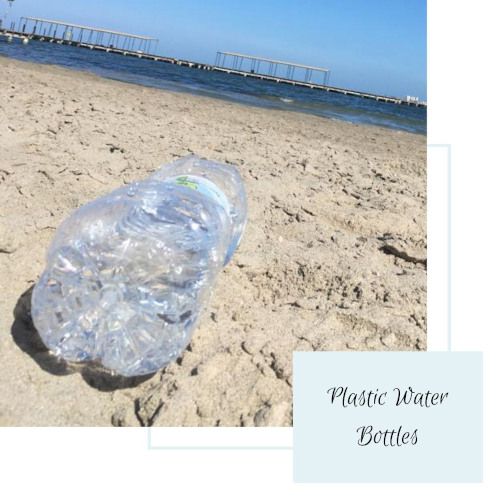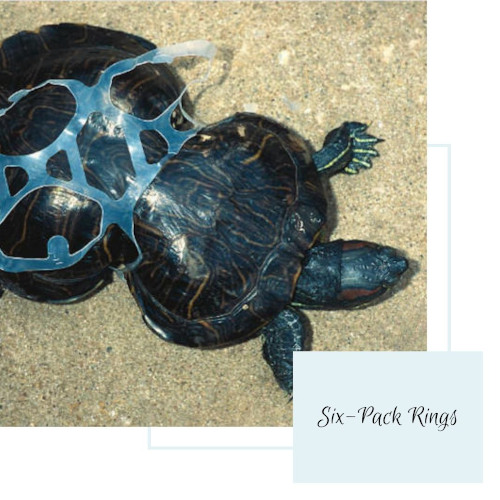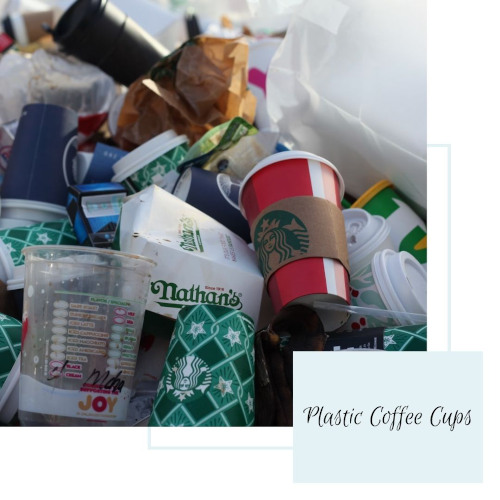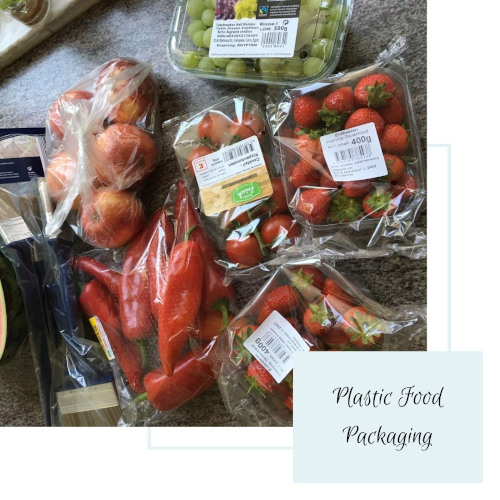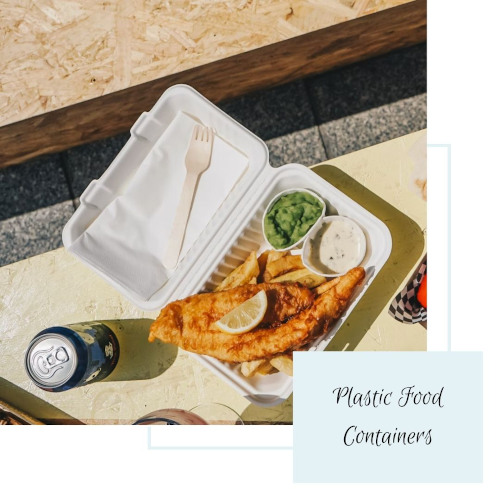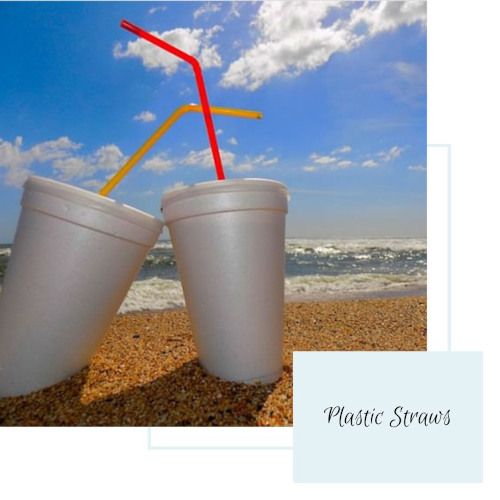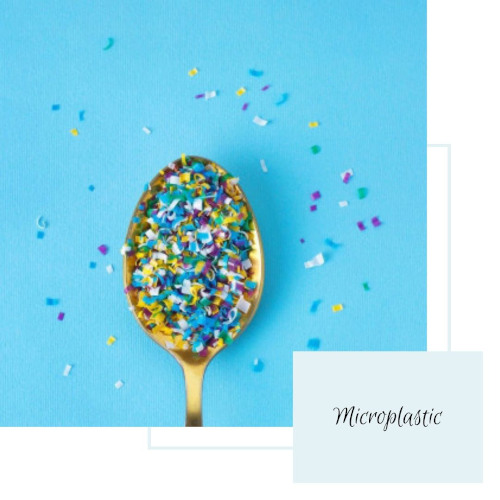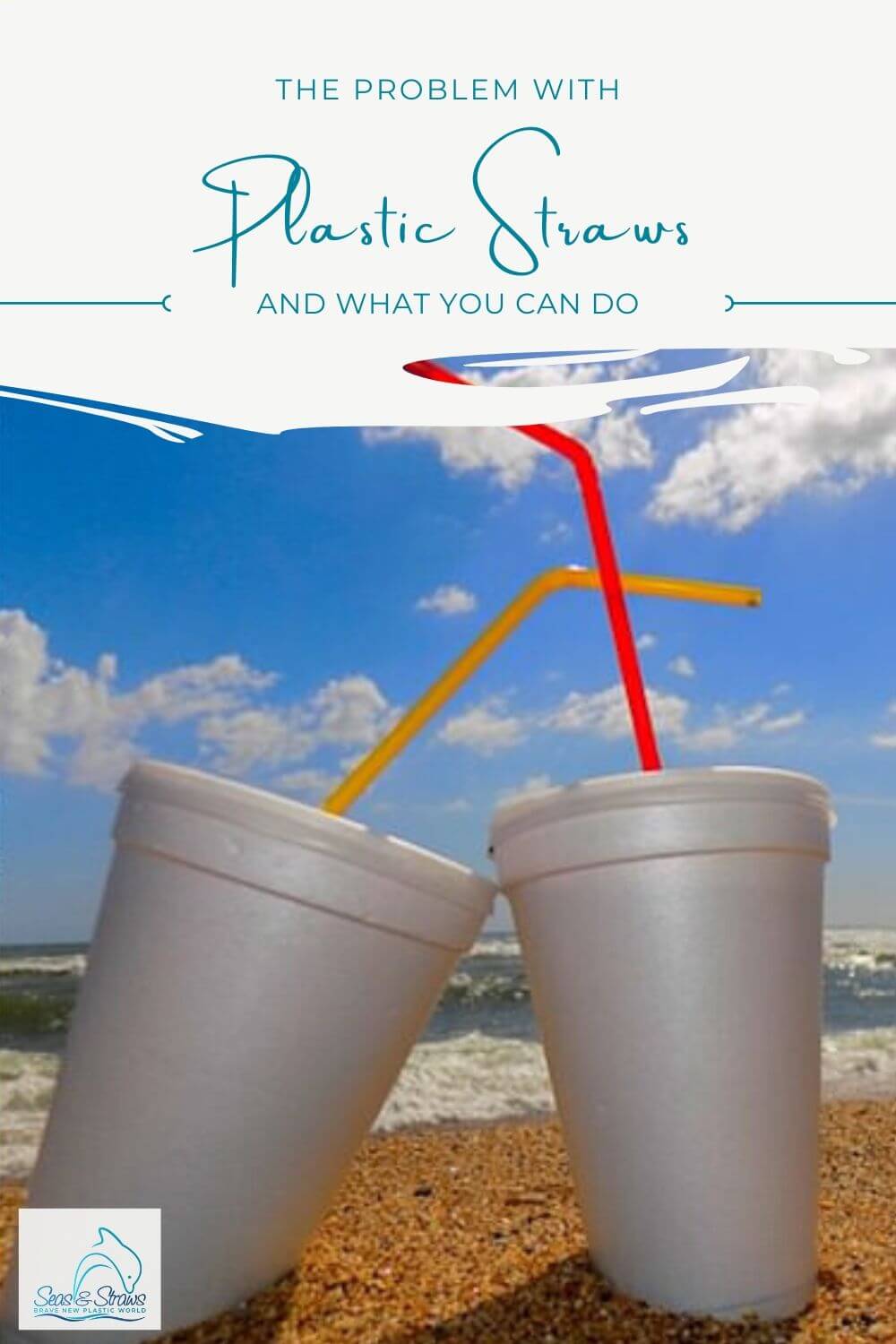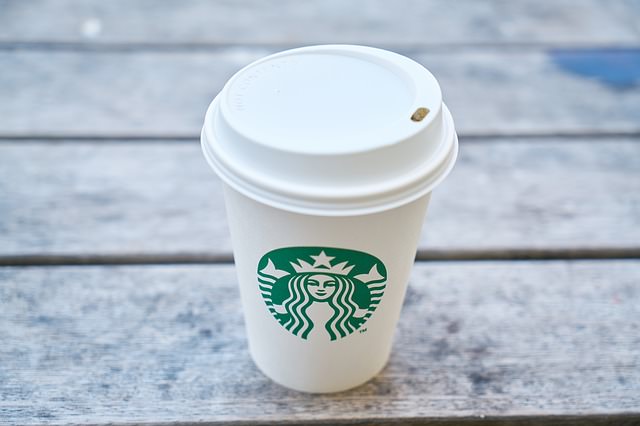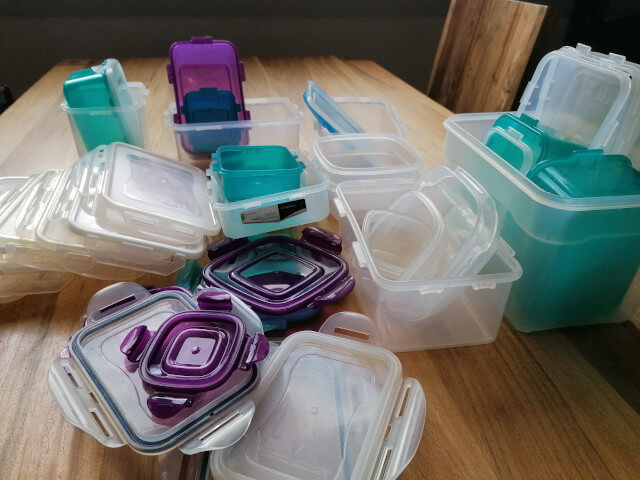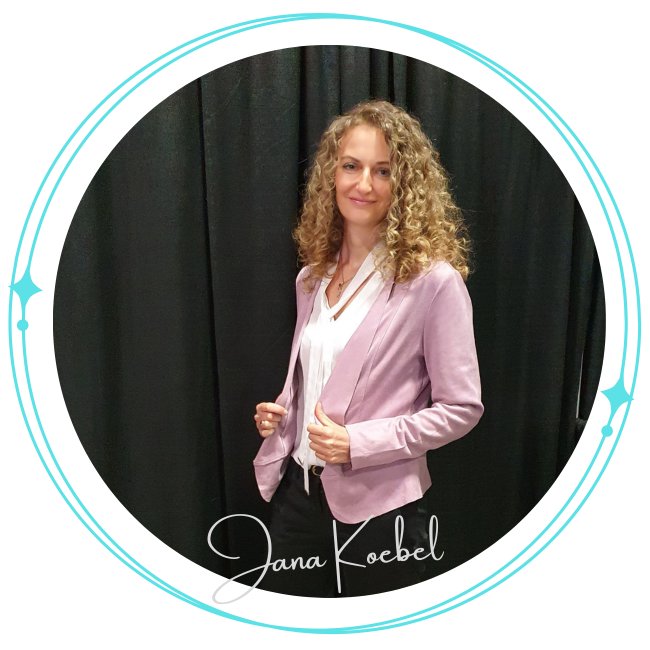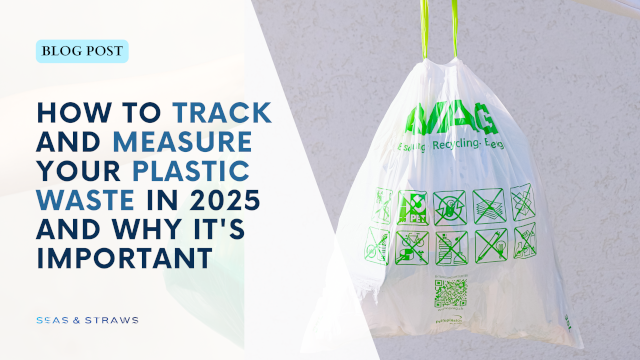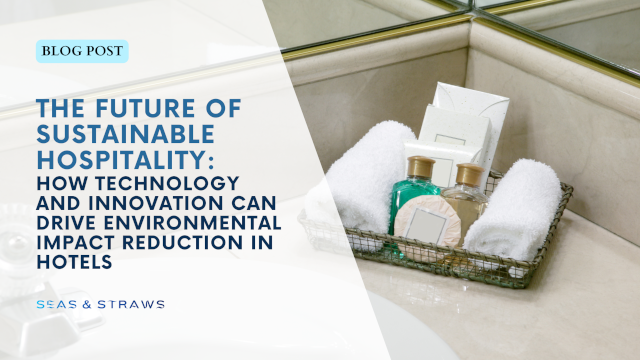- Home
- Plastic-Free Home
- Plastic Free Kitchen
- Bottled Water Vs Tap Water
Bottled Water vs Tap water - the better alternative
The cost of buying bottled water vs tap water is a lot higher than you think - and I’m not talking about the price tag you see in the store.
To decide which one you should go for, there’s 3 major things to look at; how much it costs (Price), how good it is for you (Health) and how easy it is to get rid of (Environment). Let’s throw Bottled Water and Tap Water in the ring and see which wins each round.
Bottled Water Vs Tap Water: Price
Unless you’re part of the super-rich, the price of what you consume is probably the most important thing you consider when picking. Especially if there are alternatives that do the same job. So which is cheaper, bottled water or tap water?
Tap water
The most obvious advantages of tap water are its low cost and ease of access. You already pay for it - it’s embedded in your utility bills, and it’s a cost you’ll incur whether you drink it or not. So unlike bottled water, there’s no additional cost in drinking it.
Before leaving the house, just fill a reusable bottle with tap water. Even if you forget to fill up before stepping out, it’s no problem; tap water is also provided at public drinking fountains and restaurants, and it is usually for free. How does bottled water compare?
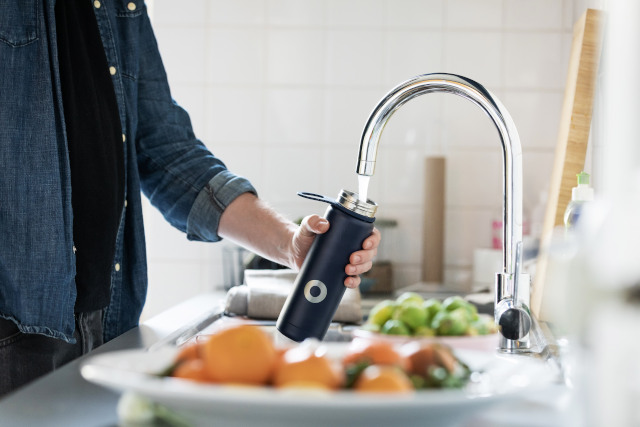 Tap water is cheaper and safe to drink.
Tap water is cheaper and safe to drink.Bottled water
Spoiler alert - it’s not cheap. We spend a whole 2,000 times more on bottled water than we would on tap water, at an average cost of $1.22 a gallon. So although it looks cheap in isolation, when you compare it, you realize you’re wasting a whole lot of money. For example, in 2020 Americans bought 15 billion gallons of bottled water - that’s 18.3 billion dollars that could’ve been spent on something else!
Round 1: tap water wins!
Bottled Water Vs Tap Water: Health
The health aspect is very important, and what you drink should always be safe. But is there a difference between how safe tap water is compared to bottled water?
Tap water
I’ll admit, it’s not a 100% win for tap water here. Safety does depend on your location. But in many countries, there are laws in place to check safety. For example, in America the Environmental Protection Agency regulates tap water. They have it tested regularly, and any abnormal findings have to be reported to the public.
However, drinking water contamination can still occur through things like old pipes leaking metals. But, no cause for concern! I highlight some of the best water filters for 2022 here - you can use these to give yourself that extra level of safety if you’re concerned.
Bottled water
In general, bottled water is safe to drink - but it’s not a straight win for bottled water either. In rare cases, bottled water can get recalled because of contamination with pollutants.
That aside, there’s a huge concern with plastics leaching into the water, particularly with the rise of microplastics. A 2018 research examined 11 internationally sourced bottled water brands from nine different nations. Researchers discovered that 93 percent of the bottles had some form of microplastic contamination and contained double the quantity seen in tap water.
I talk about the harms of microplastics (now in our blood!) here, here, and here.
In addition, many bottles contain bisphenol-A, or BPA, and phthalates, which are both linked to a number of health issues including cancer.
As for regulation, bottled water is treated as a packaged food item, which does not have to be tested regularly, nor do bottling companies have to disclose where the water comes from and how it was treated.
Round 2: who do you think wins? Share this with me on Twitter!
Bottled Water Vs Tap Water: Environment
The costs of using bottled water or tap water is about more than just the price tag. What happens when we’re done with it matters, too.
Tap water
Fresh water is stored in a treatment facility and goes through processes to destroy contaminants. Then, after you drink water from a glass, you’ll likely wash the glass either by hand or in a dishwasher.
Although these steps use chemicals and energy, the environmental impact of tap water is moderate. Plus, it doesn’t need storage.
Bottled water
Making bottled water requires a lot of resources. The plastic used in packaging is derived from crude oil leftovers, resulting in carbon emissions that contribute to global warming.
Plastic bottles are also single use, meaning they accumulate in landfills and ocean dump sites quickly. According to the Container Recycling Institute, every day in the U.S., people throw away over 60 million plastic water bottles.
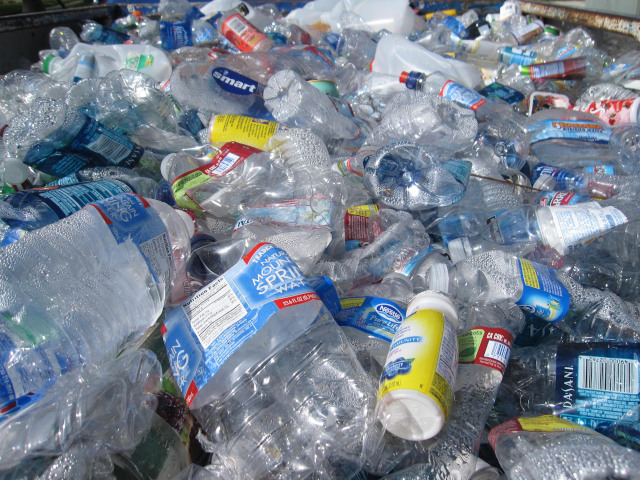 Plastic bottles contribute a great deal to environmental pollution.
Plastic bottles contribute a great deal to environmental pollution.Round 3: A win for tap water!
Overall, tap water is the better option not just for you and your pockets but also for the environment.
If you want to know more about Plastic Water Bottles, check out my article here.
get the facts!
Want to arm yourself with more facts? Save or download this handy fact sheet. You can share it freely, I just ask that you credit Seas & Straws.
Download the fact sheet (pDF)
Click here to download your fact sheet on plastic water bottles.
The Most Common Everyday Plastic Items
Click on the image to learn more.
